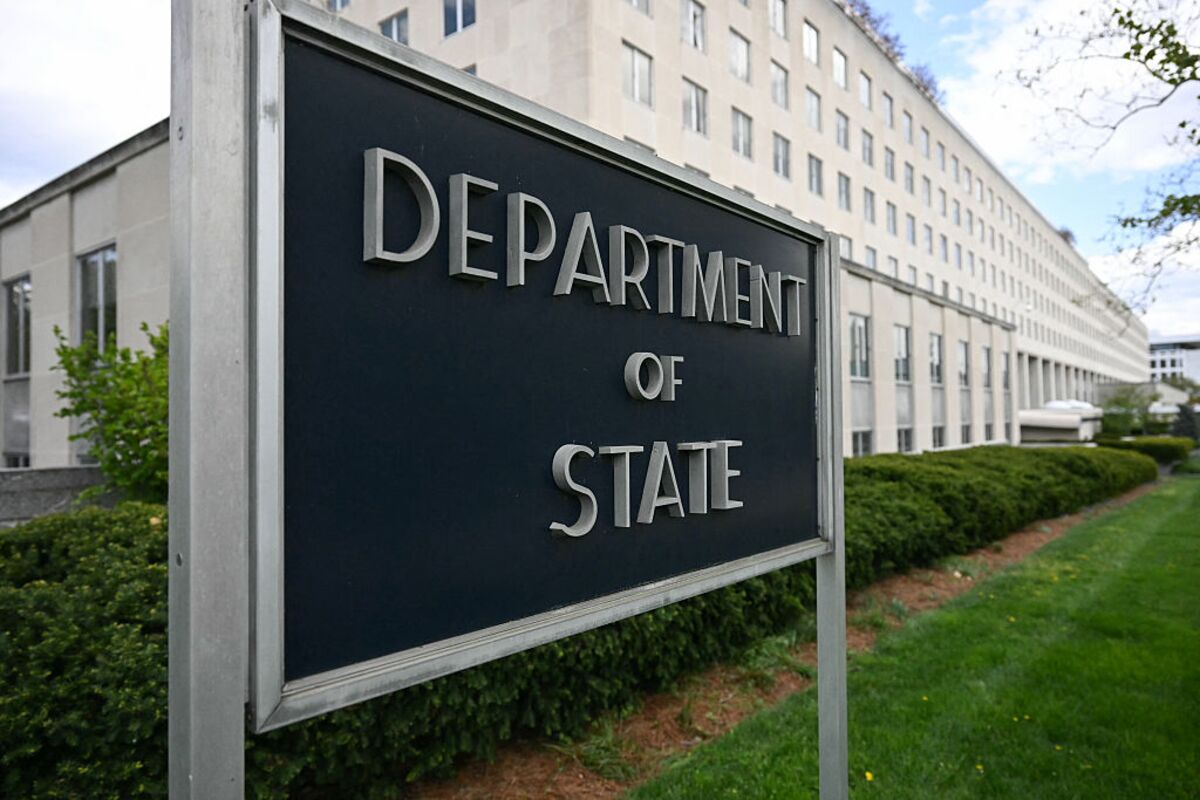Trump's Plan: Reforming the State Department – A Deep Dive
During his presidency, Donald Trump proposed significant reforms to the United States Department of State. These proposals, often characterized by a focus on efficiency and a more transactional approach to foreign policy, sparked considerable debate and controversy. This article delves into the specifics of Trump's proposed reforms, analyzing their potential impact and examining the broader context of their implementation.
Key Aspects of Trump's State Department Reform Plan
Trump's vision for a reformed State Department wasn't a single, cohesive document but rather a series of pronouncements, policy changes, and budgetary decisions. Several key themes emerged:
1. Reducing the Size and Scope of the Department:
A central tenet of Trump's plan was downsizing the State Department. This involved proposed budget cuts and a focus on streamlining operations. The rationale behind this was to eliminate perceived inefficiencies and reduce spending. Critics argued this could weaken America's diplomatic capabilities and harm its soft power.
Impact: While some staffing reductions occurred, the scale of the proposed cuts wasn't fully realized. The actual impact remains a subject of ongoing debate, with some arguing that efficiency gains were made, while others point to a decline in diplomatic capacity in certain regions.
2. Prioritizing "America First":
Trump's "America First" policy significantly shaped his approach to diplomacy. This translated into a greater emphasis on bilateral deals, a more transactional approach to foreign aid, and a willingness to challenge existing international alliances.
Impact: This approach led to renegotiated trade agreements and a shift in diplomatic priorities. However, it also strained relationships with traditional allies and raised concerns about the stability of the international order.
3. Emphasizing Economic Diplomacy:
Trump's administration placed a strong emphasis on economic diplomacy, viewing trade and investment as crucial tools for achieving foreign policy objectives. This involved prioritizing trade negotiations and promoting American businesses abroad.
Impact: This shift resulted in new trade agreements and increased efforts to attract foreign investment. However, the protectionist measures employed also led to trade disputes and economic uncertainty.
4. Re-evaluating Foreign Aid:
Trump's administration advocated for a more strategic and results-oriented approach to foreign aid, emphasizing accountability and demanding greater return on investment. This led to proposed budget cuts and a reassessment of aid programs.
Impact: The impact of this approach is complex and multifaceted. While some argue it led to greater efficiency and focus, others contend that it hampered crucial development and humanitarian initiatives.
Analysis and Critique
Trump's proposed reforms to the State Department were met with mixed reactions. Supporters argued that the changes were necessary to improve efficiency, reduce waste, and align foreign policy with American interests. Critics, however, voiced concerns about potential damage to America's global standing, the weakening of diplomatic capabilities, and the risks associated with a more transactional approach to foreign policy.
Arguments for the reforms often centered on:
- Improved efficiency and reduced bureaucracy: Proponents claimed streamlining operations would lead to better resource allocation.
- Alignment with "America First" priorities: The reforms were seen as necessary to prioritize American interests in a competitive global landscape.
- Greater accountability and transparency: The focus on results-oriented foreign aid was touted as a way to improve accountability.
Arguments against the reforms often highlighted:
- Weakening of diplomatic capacity: Critics warned that budget cuts and staff reductions could diminish America's influence on the world stage.
- Damage to international relationships: The "America First" approach was seen as potentially alienating traditional allies.
- Undermining of soft power: Reduced engagement with international organizations and development initiatives could harm America's soft power.
Conclusion: A Lasting Legacy?
Trump's attempt to reform the State Department undoubtedly left a significant mark. Whether these changes ultimately proved beneficial or detrimental remains a subject of ongoing debate and scholarly analysis. A comprehensive evaluation requires examining long-term consequences on American foreign policy, diplomatic relationships, and global stability. The legacy of these reforms will continue to shape discussions about the role and structure of the State Department for years to come.
